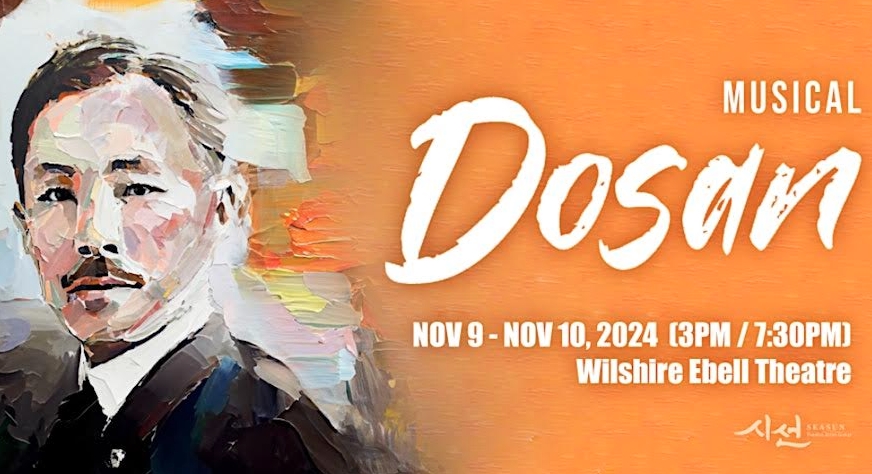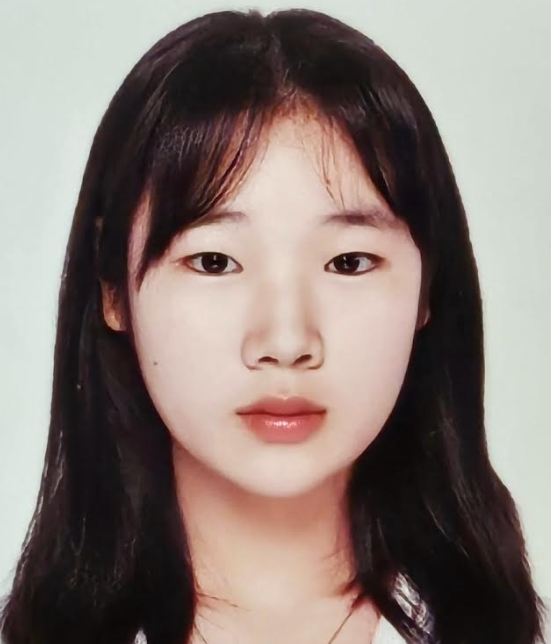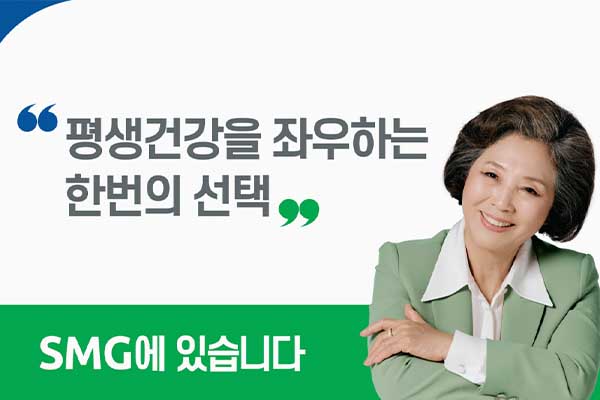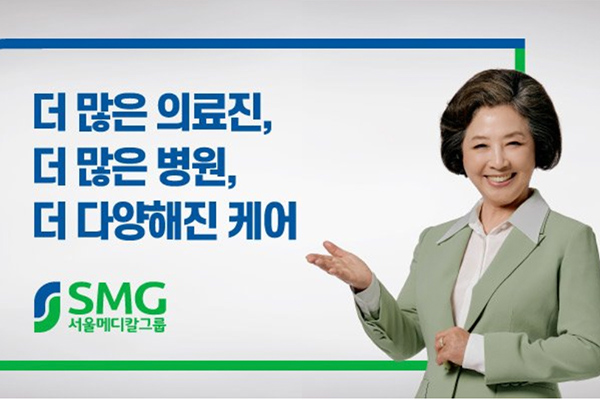 In a vibrant blend of culture and history, the musical ‘Dosan Season 4’ will have its fourth performance in So.Cal. , shedding light on the life and legacy of Dosan Ahn Chang Ho. This musical was produced in 2019 to commemorate the 100th anniversary of the March 1st Independence Movement. After its first performance at Riverside, its second performance was held at the Wilshire Ebell Theater, and its third performance was staged at the La Mirada Theater in 2022.
In a vibrant blend of culture and history, the musical ‘Dosan Season 4’ will have its fourth performance in So.Cal. , shedding light on the life and legacy of Dosan Ahn Chang Ho. This musical was produced in 2019 to commemorate the 100th anniversary of the March 1st Independence Movement. After its first performance at Riverside, its second performance was held at the Wilshire Ebell Theater, and its third performance was staged at the La Mirada Theater in 2022.
Season 4 of ‘Musical Dosan’ will be presented again at the Wilshire Ebell Theater on November 9-10 to celebrate Dosan Ahn Chang-ho Day, designated by California, under the direction of creative musical expert Choo Jung-hwa. This production promises to transport audiences through time, weaving together tragic stories, traditional music, and breathtaking choreography. With a cast of exceptionally talented singers and young local Korean American artists, this show seeks to bring hope to the future of Korean American musical theaters.

“Most of all, this show will touch the hearts of young Korean American generations to appreciate their roots and their ancestors’ lifelong struggles for freedom, equality and liberty and inspire them to rise above and beyond,” comments KCC.
Dosan traces the story of Dosan Ahn Chang Ho, a Korean independence activist, educator, and community leader, driven by his compassion for freedom, equality, and liberty. Dosan Ahn Chang Ho is recognized as a key leader of Korea during the 20th century, particularly during the independence movement against Japanese colonization. He served as a moral and spiritual leader for the Korean American community in the United States.
Ahn Chang Ho (1878-1938) was a prominent Korean patriot, educator, social reformer, and statesman. Born in Gangseo, Pyeongnam Province, now part of North Korea, he later moved with his family to Seoul where he attended a school founded by Horace Grant Underwood. At the age of 18, he became actively involved in the Korean independence movement and dedicated his life to Korea’s modernization and the patriotic Enlightenment movement.
Upon his arrival in San Francisco with his wife in 1902, Ahn attended school, soon to be deeply affected by the struggles of Korean Americans. Recognizing the urgent need for support, he placed a hold on his education to help establish the San Francisco Korean Fellowship Society. This organization worked to protect the rights and interests of Korean Americans. This organization eventually evolved into the Mutual Assistance Society.
In 1904, Ahn relocated to Riverside, California, where he gained the community’s trust through his diligent work, becoming a leader among Korean Americans. Through the position, he led various independence organizations, including Heungsada, the Young Korean Academy or Siminhoe, and the New People’s Society, and played a significant role in unifying the Provisional Government of the Republic of Korea. Ahn’s works in the Enlightenment movement led to efforts for national rights in the U.S., China, and Russia, which resulted in his two imprisonments.
When Ahn and his family moved to Los Angeles in 1914, the Young Korean Academy’s headquarters transitioned from San Francisco to Los Angeles, which initially operated out of the Ahn family home. By 1917, it had relocated from 1411 West 4th Street to 106 North Figueroa Street, and in 1929, the academy leased a property at 3421 South Catalina Street which they purchased as their first standalone headquarters in 1932. A memorial was later built in downtown
Riverside to honor Ahn, where he established the Korean Labor Bureau for citrus grove workers and to raise his children.
The City of Los Angeles has also recognized his contributions by declaring the nearby intersection of Jefferson Boulevard and Van Buren Place as “Dosan Ahn Chang Ho Square.” Furthermore, the main freeway interchange in downtown Los Angeles, at the intersection of the 10 Freeway and the 110 Freeway, has been named after him, as well as the post office on the northwest corner of 6th and Harvard, which was officially designated “Dosan Ahn Chang Ho Station.”
Ahn eventually suffered from serious health issues and passed away in 1938, at the age of 60, just before Korea achieved its independence.
This year marks the 100th year of the March 1st Movement, a peaceful demonstration in part to the Korean Independence Movement that opposed Japanese Imperialism in Korea (Joseon). The movement symbolized the people’s determination to resist Japan’s military aggression under the Rising Sun Flag during WWII. With approximately 2 million participating individuals in over
1,500 demonstrations, this movement catalyzed the Korean Independence Movement and the eventual formation of the Korean Provisional Government.
To commemorate the 100th Anniversary of the March 1st Movement, the musical Dosan has been created. As the curtain rises on Dosan, audiences are invited to witness a story and partake in a cultural revival. Opening the production with a solo performance by Dosan Ahn Chang Ho, this musical features powerful scenes where he delivers an inspiring public speech urging the people to fight for their freedom and rights. The narrative of his family’s journey to California for education and his rise as a moral leader in the Korean American community. Featuring intense moments, including his declaration against his aggressor, Ito Hirobumi, and scenes from the 3.1 March Movement, the finale assembles an uplifting performance of the original Korean National Anthem sung by the entire cast.
![]() <Kailyn Hahn Student Reporter>haneul24kh@gmail.com
<Kailyn Hahn Student Reporter>haneul24kh@gmail.com
Kailyn Hahn is a sophomore at Fairfax High School.







